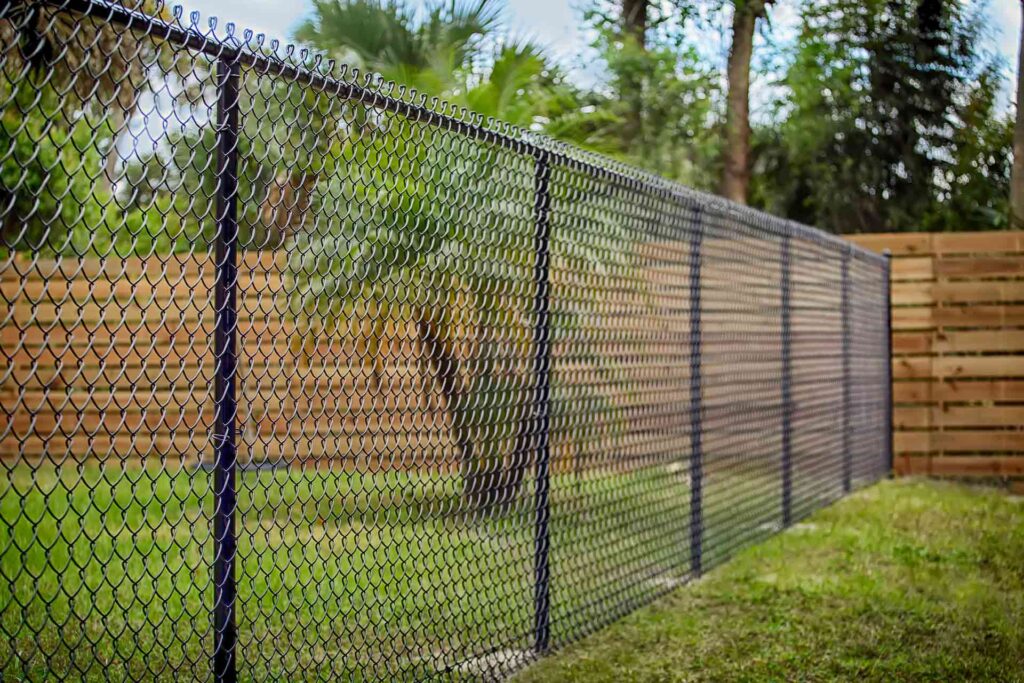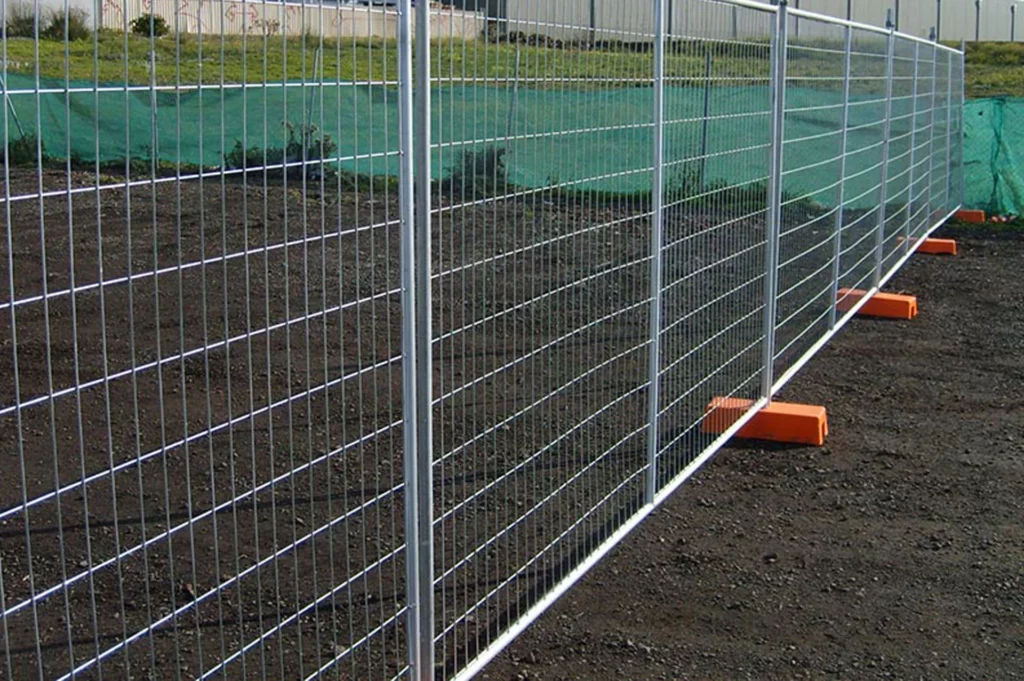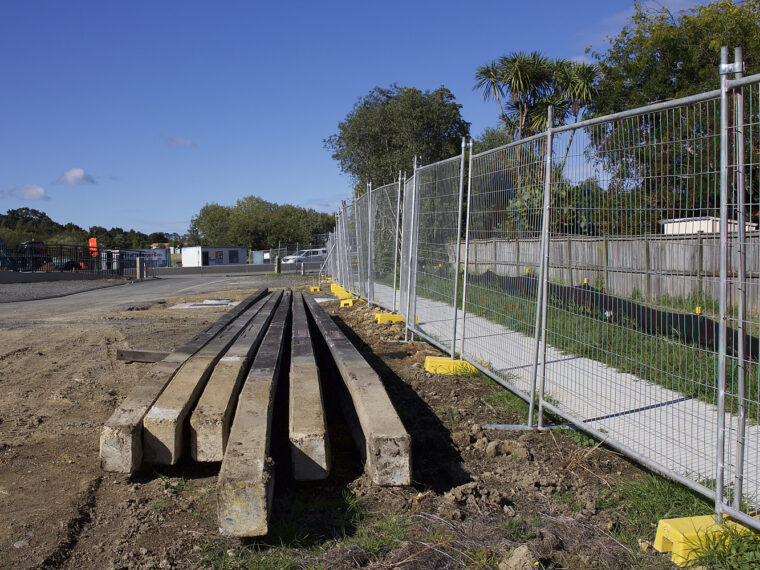In today’s world, ensuring the security of your construction site is paramount. With rising concerns about vandalism, theft, and safety breaches, having an efficient fencing system in place is not just beneficial; it’s essential. Among the various security measures available, mesh fencing stands out as a versatile option tailored specifically for the unique needs of construction sites.
Understanding the importance of construction site security
It’s surprising how often the importance of construction site security is underestimated. Many believe that simply marking off an area is sufficient, but that’s far from the truth. Construction sites are often targets for opportunistic thieves and vandals, which can result in significant losses. Therefore, implementing robust security measures is vital for safeguarding not only materials and machinery but also the welfare of workers.
When it comes to mesh fencing, there are several options to cater to diverse security needs. Understanding the differences can help you choose the right solution for your construction site.
The role of mesh fencing in site protection
Mesh fencing plays a critical role in enhancing security at construction sites. Its design allows visibility while maintaining a strong barrier that deters unauthorised access. This transparency can actually work in favour of security personnel, as they can monitor activities without obstructing their view. Furthermore, the physical barrier acts as a direct deterrent, making it harder for intruders to breach the perimeter.

Key reasons to prioritise construction site security
Prioritising construction site security comes with a multitude of advantages. Firstly, it protects valuable assets—tools, machinery, and materials can be expensive to replace and securing them helps prevent financial losses. Secondly, it reduces the risks associated with accidents and liabilities by keeping unauthorised personnel away from hazardous areas.
Moreover, safeguarding your site can enhance the overall reputation of your project. Investors, clients, and the local community are likely to view a responsibly managed site more favourably, leading to potential future opportunities. Additionally, a secure construction site fosters a sense of safety among workers, which can improve morale and productivity. When employees feel safe in their environment, they are more likely to focus on their tasks without the distraction of security concerns. This can lead to a more efficient workflow, ultimately contributing to the timely completion of projects.
Furthermore, the implementation of advanced security technologies, such as CCTV surveillance and motion detectors, can complement physical barriers like mesh fencing. These technologies provide real-time monitoring and can alert security personnel to any suspicious activity, allowing for a swift response to potential threats. Investing in such measures not only protects physical assets but also demonstrates a commitment to safety and professionalism, which can be a significant selling point when bidding for future contracts or projects.
Click here to read about safety strips.
Different types of mesh fencing solutions
Temporary mesh fencing
Temporary mesh fencing is an excellent choice for short-term projects. It’s lightweight, easy to transport, and can be installed quickly, which makes it ideal for construction sites that are constantly evolving. This type of fencing is often rented, which helps minimise costs while still providing substantial protection.
Chain link mesh fencing
Chain link mesh fencing is perhaps the most recognisable type of fencing. It’s durable, cost-effective, and offers great visibility. While this type of fence may not be as aesthetically pleasing as others, its strength serves as a reliable security barrier. Furthermore, it can be customised in terms of height and gauge to suit specific site requirements.
Welded wire mesh fencing
Welded wire mesh fencing is another robust option. This type of fencing consists of wires that are welded together to form a sturdy barrier. Its heightened strength makes it particularly suitable for construction sites where heavy machinery and valuable materials are present. Additionally, welded wire fencing can be designed to resist weather conditions, ensuring longevity. Find more about machinery on https://pg.edu.pl/en/ohs-inspectorate/ohs-issues/use-machines
The benefits of using mesh fencing for construction sites
Utilising mesh fencing for your construction site presents numerous benefits that can significantly outweigh the initial investment.
Cost-effectiveness of mesh fencing
One of the most appealing aspects of mesh fencing is its cost-effectiveness. Compared to traditional solid fencing options, mesh fencing tends to be more affordable both in terms of material and labour costs. Furthermore, the ability to reuse or move temporary mesh fencing means that it can provide ongoing savings for multiple projects.
Durability and resilience of mesh fencing
Construction sites often face challenging environmental conditions. Fortunately, mesh fencing is designed to withstand such adversity. Whether it’s strong winds, heavy rain, or other extreme weather conditions, quality mesh fencing can maintain its integrity, ensuring continuous protection of your site.
Ease of installation and removal
One of the greatest advantages of mesh fencing is its ease of installation and removal. When setting up a construction site, time is often of the essence. Mesh fencing can be installed quickly, allowing teams to focus on their tasks without delay. When the project wraps up, dismantling the fencing is just as easy, facilitating a smoother transition.
Selecting the right mesh fencing for your construction site
Choosing the appropriate mesh fencing solution for your site involves careful consideration of several factors. Every construction project is unique, and the right fencing must reflect that.
Factors to consider when choosing mesh fencing
Begin by assessing the specific requirements of your site. Consider factors such as the size of the area, the level of security needed, and the duration of the project. Additionally, evaluate your budget constraints. It’s also wise to take into account potential regulations that may affect fencing standards in your locality. To learn more about duration click here.
Assessing your site’s specific security needs
Every construction site comes with its own set of security challenges. Conducting a thorough risk assessment will help identify potential vulnerabilities. Are there high-value assets? Is the site located in a high-crime area? Answering these questions will guide you in selecting the most suitable fencing type to ensure maximum protection.

Installation tips for mesh fencing on construction sites
Once you’ve chosen the right type of mesh fencing, proper installation is essential to ensure its effectiveness. Here are some tips to help you with the process.
Preparing your site for mesh fencing installation
Before installing mesh fencing, ensure that the ground is level and free of any debris. This preparation not only facilitates easier installation but also ensures greater stability once the fencing is erected. Mark the perimeter clearly to avoid any miscalculations.
Ensuring optimal placement and stability
When installing your mesh fencing, pay attention to the placement. It should be set back a few feet from the site’s edge to deter trespassers. Additionally, ensuring that the posts are securely anchored will provide stability against potential weather conditions. Regular checks for wear and tear are advisable for maintaining the effectiveness of the fencing long-term.

